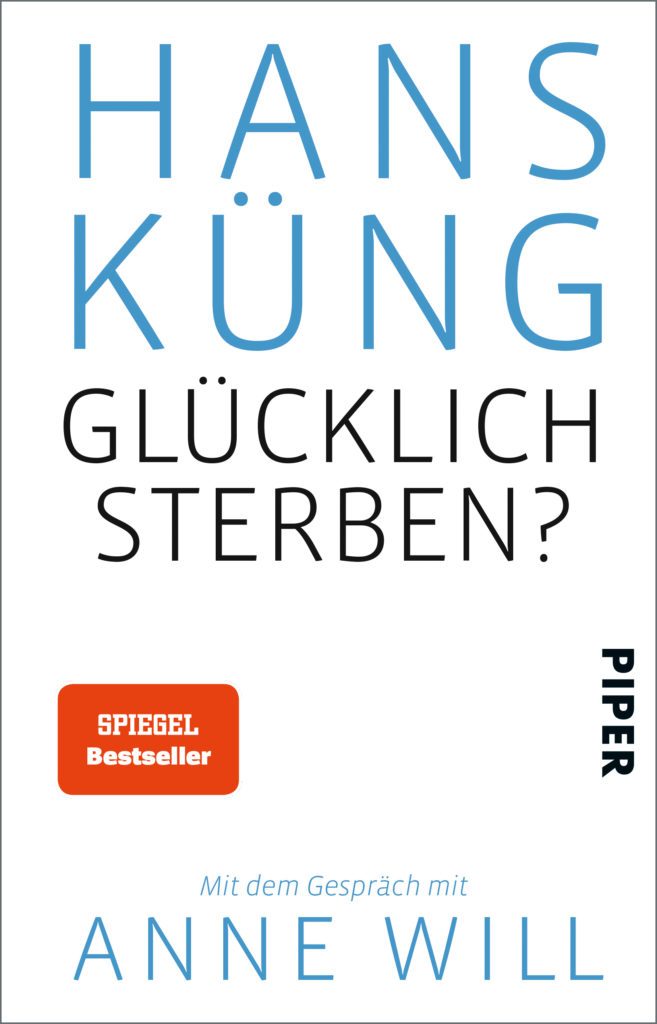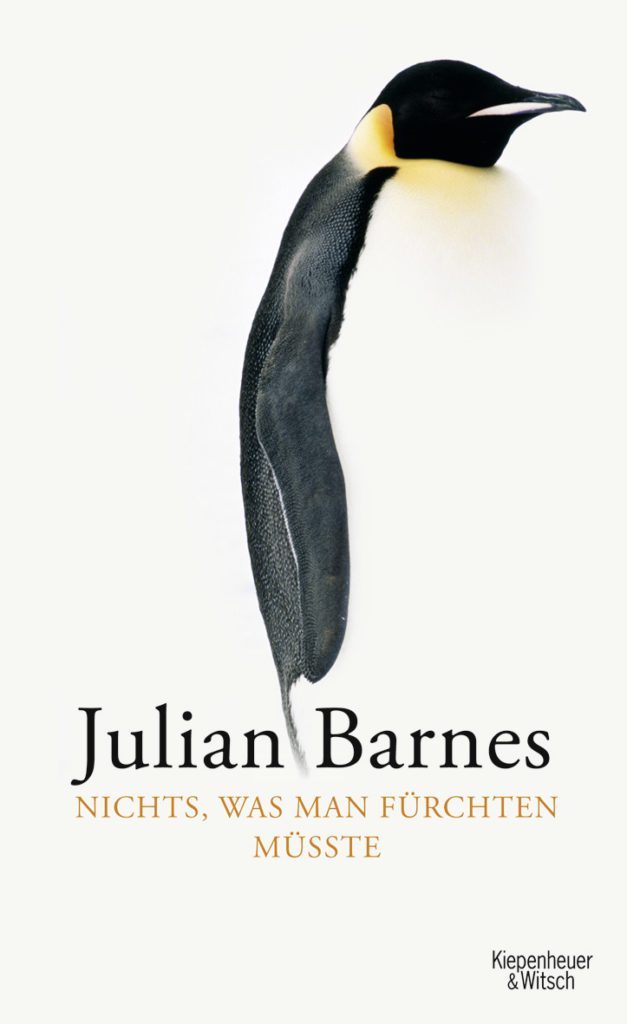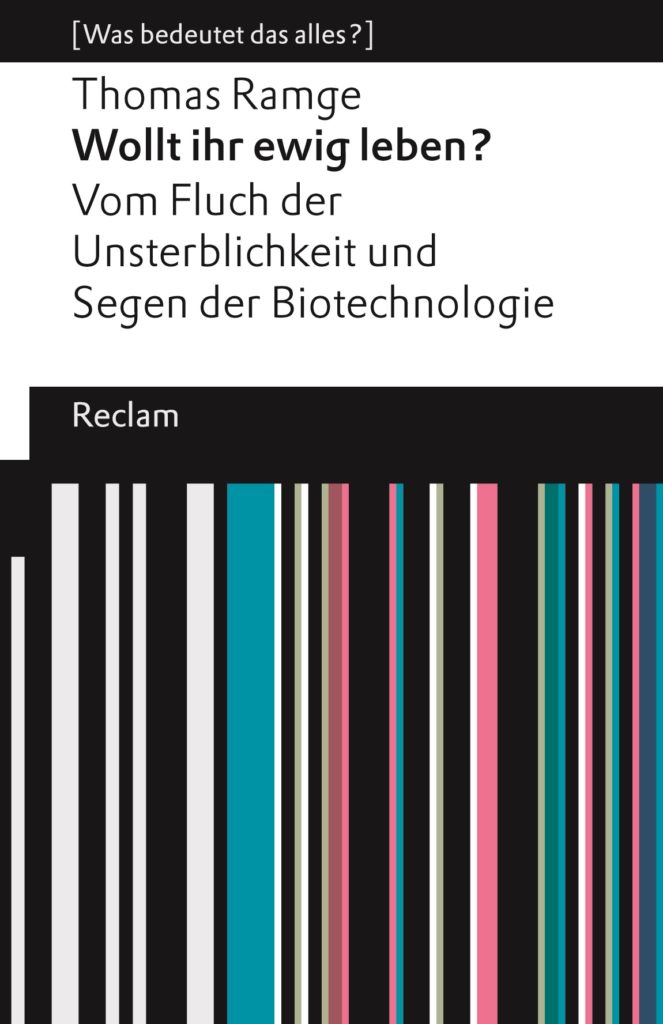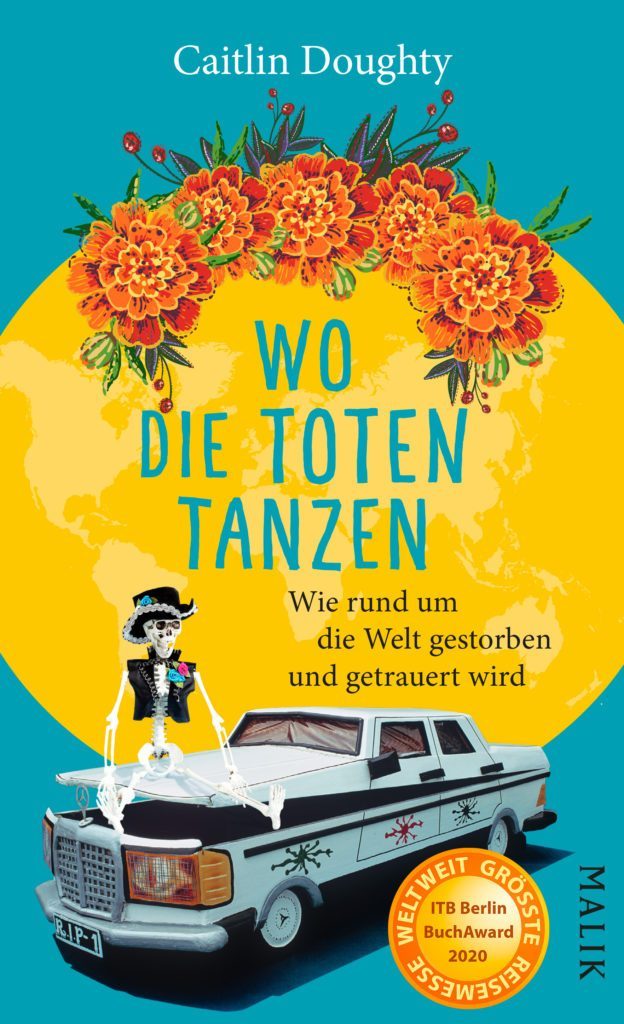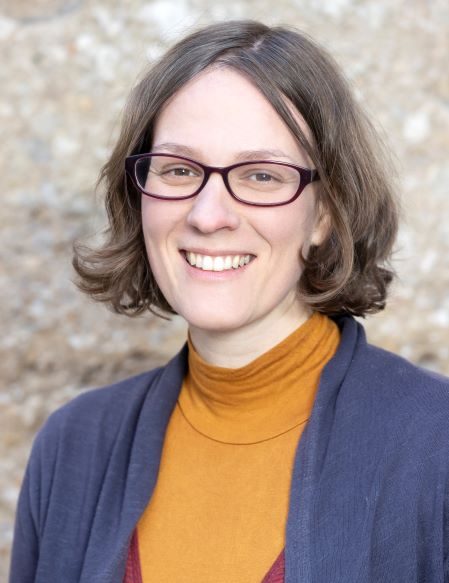A Book for Breakfast
In this event series, we juxtapose different books on current social debates by concisely presenting their arguments in the form of an essay. Together, we develop new ideas and engage in discussions – in good company and with coffee and croissants.

“Death is not an artist” – On dealing with death
On November 6, 2023, we invite you to a small breakfast with coffee and croissants to get into conversation with us and with each other. The topic this time is: “Death is not an artist” – On dealing with death. In view of the excesses of violence and wars, the author has written a foreword. You can read an excerpt from it here:
I wrote this essay in the summer of 2023 after I had long been preoccupied with how dying and death are dealt with in our Western societies. The final trigger for this essay was the following headline in the Online Standard, which I stumbled across in May 2023: “Bryan Johnson is 45 years old and doesn’t want to age any more. He is investing millions to do so and is himself the guinea pig for anti-ageing products” (Beirer 2023). The article piqued my curiosity – but I quickly found the content disturbing: a millionaire in his forties spends millions to stop the ageing process. To do so, he not only undergoes constant medical treatments, but also a tough fitness program. The daily routine is always the same; not a second is unplanned or left to chance. Everything is subordinated to the goal of halting the ageing process. Bryan Johnson is not alone in this: a number of US billionaires have set themselves the goal of not just postponing death, but abolishing it. But is that what we want? Or should it not rather be about “not giving years to life, but life to years”, as the geneticist Markus Hengstschläger asks (Hengstschläger 2022, 22-24)?
Both concerns – being able to prolong life indefinitely or end it in abundance – sound hollow and absurd when you look at the recent orgies of violence in the current war zones – where people have been and are being ripped out of life with appalling brutality in the middle of their lives or, worse still, long before. In the face of these catastrophes, it became clear to me that gentle philosophizing about dying and death is a privilege for those who live in safety and prosperity – with the exception of tragic individual fates, of course. The books I have chosen for this essay primarily reflect the feelings of people for whom dying (presumably under the best possible medical care) and death in old age is the worst thing that will ever happen to them. It is important to bear this in mind when we address the subject of dying and death in this essay.
In her current essay, she attempts to approach our finiteness from different perspectives. To this end, she presents four books that deal with dying and death in very different ways:
Thomas Ramge: Do you want to live forever? The curse of immortality and the blessing of biotechnology. Reclam, 2023
Hans Küng: Die happily? Piper, 2014
Caitlin Doughty: Where the dead dance. How people die and mourn around the world. Malik publishing house, 2019
Julian Barnes: Nothing to be afraid of. btb Verlag, 2011
